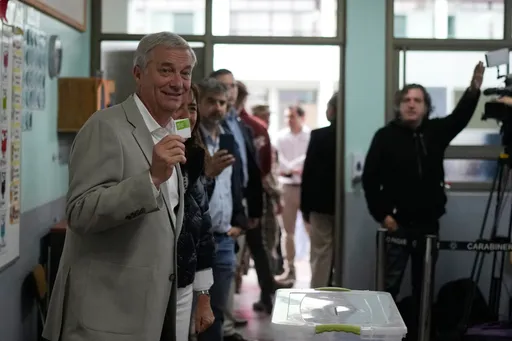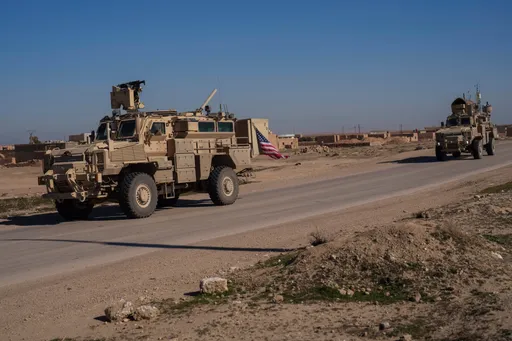A few days ago, President Mahmoud Abbas declared an end to all "agreements and understandings" signed with Israel and US, and that Israel would now have to "shoulder all responsibilities and obligations in front of the international community as an occupying power over the territory of the occupied state of Palestine".
The first problem with Abbas’s statement is that it is reactive and not proactive. His policy has been a lot about reactions – whether to Israeli practices or US administrative decisions –rather than moves based on strategic plans by the Palestinian Liberation Organization (PLO).
The PLO is theoretically the sole and legitimate representative of the Palestinian people and supposedly the leader of their liberation struggle.
Hijacked by the Palestinian Authority (PA), the PLO has been subject to power struggles among different Palestinian factions, while dominated by the Fatah, Abbas’s party, it has lost its weight for a long time.
Throughout the last two decades, Israel has deprived the Palestinian leadership of any significant power and Abbas’s rule has deprived them of any significant vision for the future.
His latest decision continues this legacy.
The second problem is that no one takes it seriously, not even Abbas himself. This was not the first time that Abbas came up with a dramatic statement where he promised to end agreements or at least the security coordination with Israel. He has done so several times in the last few years.
This February, he issued a similar announcement in response to Trump’s declaration of the “deal of the century”. In reality, no agreements were cancelled.
The third problem with these statements is that they are hollow. Of course, such a decision is not easy to make and requires a lot of thinking and thorough planning.
It needs a comprehensive plan that outlines steps, scenarios and addresses challenges. There is no sign that this is the case with the latest decision. The most important question, remained unanswered, is namely the “how?”.
How is Abbas intending to end all agreements and understandings with Israel and what does that mean? Will he hand authority to Israel? How?
As part of the Oslo process, following the Oslo agreement signed between Israel and the PLO in 1993, Israel has transferred some of its powers and responsibilities as the occupying force to the interim Palestinian Authority including responsibilities in the sphere of education and culture, social welfare, health, tourism, and direct taxation.
The question now is: what will happen in all these spheres?
If an agreement ended with Israel, that would mean handing back control over health, education, welfare, and more. If the PA could not make Israel withdraw one millimeter from lands it controls, how does it plan to force Israel to take responsibility for health services to Palestinians in the city of Jenin or a school in Hebron?
Why would Israel go back to a costly occupation, when it could maintain the same level of control with a minimum level of responsibility for civil services?
Or does the PA plan a scenario of chaos before Israel finds no option other than to take control? Will this chaos only threaten Israel? Or will it also threaten Palestinian internal public order?
Who will make sure children will still go to schools and get a proper education? Who will pay the teachers if there is no Palestinian Authority?
What will happen with public hospitals? Will they still receive patients? Who will oversee their quality and make sure they have supplies?
Who will take care of the garbage, traffic, infrastructure maintenance, and more?
What about Palestinian institutions and ministries, how will they function? What will happen to about one hundred and fifty thousand government employees and their families that rely on the PA’s salaries?
If Abbas were serious, he wouldn’t be sitting in the Palestinian presidency because this status was created by the very Oslo agreement that he said is no longer valid.
Abbas’s vague statements were never followed by a clear comprehensive plan of what exactly is going to happen.
If Abbas has honest intentions to put pressure on Israel and deliver to his people some sort of hope that he is willing to break away from his defeatist legacy, he would at least present a thorough plan to convince the public he was serious.
But if he continues this pattern of hollow statements, then it will lose the only effect these declarations are having right now: to create media headlines and nothing more.
























